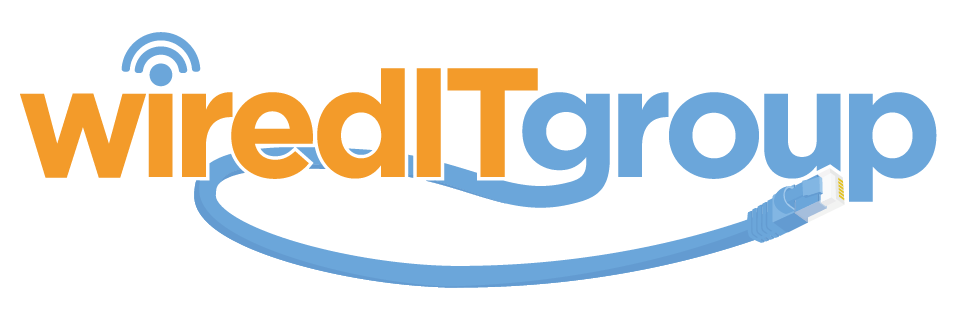What are IT Services?

Being an administrator or business owner, you understand that profound IT services are a necessity to keep your business running at its optimal performance. What you might not be familiar of are all of the different IT service options that your business can benefit from.
When naming examples of IT services, a lot of people will think of automatic software updates and malware or virus removal. Having said that, these services are just beneath the surface of those accessible to your business.
According to Gartner, “IT services refers to the application of business and technical expertise to enable organizations in the creation, management and optimization of or access to information and business processes.”
The IT services industry can be sectioned by the kind of services utilized to deliver the service – design, fabrication, run. There are also various categories of services: business process services, foundation services and infrastructural services.
When these kinds of services are outsourced, they are commonly called business process outsourcing -, applications outsourcing and foundation outsourcing.
The IT service choices available for your business are abundant and will vary depending on your research. In order to keep things clear and straightforward, here are seven examples of IT services that cover all the primary needs for small to midsized businesses.
IT Services
Most IT services will include all of the following:
- Cloud services
- Backups and disaster recovery
- Network security
- Help desk support
- Managed print services
- Computer training
- IT consulting
Cloud Services
Cloud services help businesses undertake the demanding advantages of the internet utilizing a cloud service provider. A cloud service can be a replacement for the requirement for on-site servers with little principle investment.
These kinds of services appeal to a lot of businesses because of their ease of use, adaptability, and direct access to company resources. The only physical necessity from your side is a reliant internet connection.
Backups and Disaster Recovery
In the event of disasters (like flooding, fire, electrical storms or computer viruses), is your critical data going to remain safe and secure? If your business hasn’t already been adhering to the 3-2-1 backup rule, the answer is most likely no. This rule specifies that your data needs to be stored in three individual locations: the source device (probably a computer or company workstation), a local backup device, and an off-premise location (ideally through a cloud backup service). Following the 3-2-1 backup rule guarantee that the possibility of each three copies of the data being lost is nearly zero.
A lot of businesses now trust cloud backups for disaster recovery. Different variations of cloud backup include file only backups, server backups, workstation backups, and a lot of others. Cloud backup solutions are particularly ideal for companies that have multiple locations and share huge amounts of data. Even when disaster strikes one location, the other locations still has access to each cloud-stored data and can keep normal operations going.
Network Security
With all the advantages provided by internet access come a plethora of security threats. Spammers, hackers, computer viruses, and data thieves run throughout the internet, and devoid of stringent network security efforts in place, your business’s data is continuingly in harms way.
The purpose of network security is the prevention of the unauthorized theft of or access of a computer network’s data. Some network security solutions comprise of firewalls, anti-virus software, internet filtering, network patch management, built in VPNs, and systematically scheduled scans from an IT service provider.
Help Desk Support
Help desk support is a critical tool for any business without an onsite IT team. Help desk support will vary depending on the requirements of your business, but it’s typically used as an individual point of contact for users that sometimes need help troubleshooting computers, printers, computer networks, wi-fi, amongst others.
Managed Print Services
You’re dependent on your printers to be ready as you need them. Utilizing managed print services (MPS), the IT service provider deals with each of your printing service and supply needs enabling you to focus your time on doing business.
MPS organize operations on each of your printers/ copiers, fax machines, scanners, and other multi-function equipment. With the power of the IT network your IT service provider overlooks and can service all printing hardware, expecting your requirement for parts and supplies so you’ll always have what you need, when it is required. They also can monitor each printer’s usage and chronical any printer issues.
Computer Training
One of the biggest obstacles that businesses face in keeping the software and operating systems updated is employee training on the recently updated systems. With Windows 7 coming to an end, this matter keeps growing more in relevance.
The next time you speak with your IT service provider about getting your system updated, ask them about offer computer training sessions for your employees additionally.
IT Consulting
Find IT Services in Phoenix, AZ
Wired IT Group is a full-service information technology (IT) vendor, based in Phoenix, AZ. Our team is capable of designing, installing and maintaining all of your IT solutions from network systems to security systems and low voltage cabling.
More Articles About Security
- What is Server Security?
- What is Network Security?
- What are Unified Communications?
- Security Camera Installation Cost
- What is Network Management?
- How Do I Install A Security Camera In My Phoenix Arizona Home?
- What is the Going Rate for IT Services?
- What is Server Maintenance?
- What Does Managed IT Services Mean?
- Different Types Of Network Security

